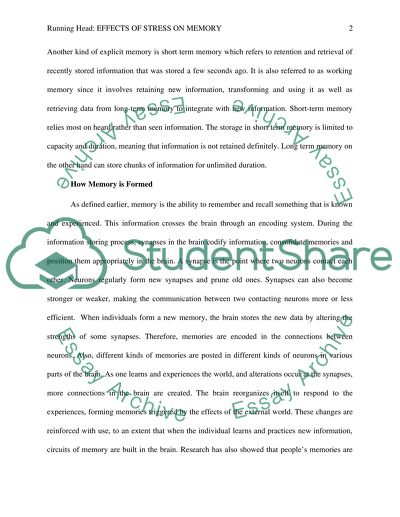Cite this document
(“Effects of Stress on Memory Essay Example | Topics and Well Written Essays - 1000 words”, n.d.)
Retrieved from https://studentshare.org/psychology/1450188-stress-effects-on-body-and-mind
Retrieved from https://studentshare.org/psychology/1450188-stress-effects-on-body-and-mind
(Effects of Stress on Memory Essay Example | Topics and Well Written Essays - 1000 Words)
https://studentshare.org/psychology/1450188-stress-effects-on-body-and-mind.
https://studentshare.org/psychology/1450188-stress-effects-on-body-and-mind.
“Effects of Stress on Memory Essay Example | Topics and Well Written Essays - 1000 Words”, n.d. https://studentshare.org/psychology/1450188-stress-effects-on-body-and-mind.


